NOTES AND QUESTIONS.
MACBETH, ACT III.
SCENE 1.
LINE 3. Thou playdst most foully fort. Expand the metaphor into its simile. (Grammar, 521.) 14. And all- thing unbecoming. See All (Grammar).
What is there remarkable in this use of all? Comp. iii. 2. 11 Things without all remedy. 15. Modernize. Modernize.
Trace the present meaning from the derivation. Compare A solemn hunting is in hand .T. A. ii. 1. 17. 17.
To the which. What is the antecedent to the which? Why do we say the which, but never the who ? (Grammar, Which, 270.) 25. The better. When do we add the to a comparative ? (Grammar, 94.) Can the be explained here? 44. While then. N. iv. 3. 29. 29.
Illustrate from Greek and Latin. 49. To be thus thus is nothing but to be safely thus. Explain the grammatical construction of the last clause. (See 385.) 51. Which would be feared.
Modernize would. Explain (Grammar, 329) the Elizabethan usage. Tis much he dares. Is there any object to he dares ? (244.) 52. And to that dauntless temper of his mind. Meaning of? (See Grammar, To.) 54.
None but he. Illustrate this construction by Shakespeares use of except. (See Grammar, But.) ... And, under him, My genius is rebuked ; as, it is said,
Mark Antonys was by Csar. See A. ii. 3. 2030. 2030.
Trace the meaning of genius from its derivation. 65. For Banquos issue have I filed my spirit. Meaning of? Give similar instances of the dropping of the prefix. (See Prosody, 460.) 72. Champion me to the utterance.
Meaning of? Trace the meaning of champion and utterance from the derivation. What historical inference may be drawn from the fact that both these words are derived from the French? Mention a similar inference contained in the dialogue between Gurth and Wamba in Ivanhoe. 75. So please your highness. Parse please. (See 297.) 81.
How you were borne in hand, how crossd, the instruments. Is this an Alexandrine ? (See Prosody, 468 ; and compare My books and instruments shall be my company. T. of Sh. i. 82.) Like labour with the rest, where the other instruments. coriol . i. 1. 104. I. I.
But now thou seemst a coward.
P. Hence, vile instrument. Cymb . iii. 4. 75.
Borne in hand. Meaning? The Duke
Bore many gentlemen, myself being one,
In hand and hope of action. M. for M. i. 52. 52.
We do not now say to bear in hope, but to keep a person in hope, suspense, &c. So a rich hypocrite, pretending illness to squeeze presents out of his expectant legatees, is said to Look upon their kindness, and take more
And look on that, still bearing them in hand,
Letting the cherry knock against their lips. B. J. Fox, i. init.
We still say, to bear in mind, but we generally use a hand in this sense. 83. 83.
To half a soul and to a notion crazed. Meaning of notion here? Compare His notion weakens, his discernings
Are lethargied. Lear, i. 4. 248. 84. M. M.
Say Thus did Banquo. Murd. You made it known to us. Scan. (See 454.) 87. Scan. 88. 88.
Are you so gospelld to pray for this good man. Modernize. (See 282.) 91. M. And beggard yours for ever . Murd.
We are men, my liege. Scan. 95. The valued file. Trace this and other meanings of file from the derivation. Explain the meaning and use of valued (374).
Could we say a valued catalogue? 99. The gift which bounteous nature hath in him closed. Parse closed. (See 460.) Compare Dance, sing, and in a well-mixed border
Close this new brother of our order.ROWLEY. What is now the difference between I have him caught, and I have caught him ? Compare And when they had this done .St. 6. 100. 100.
Particular addition from the bill that writes them all alike. Meaning of from ? (See Prepositions.) 103. Not in the worst rank of manhood, sayt. Scan. (See 485.) 108. Murd. Murd.
I am one, my liege. What is the antecedent to which ? Scan the second line. 112. So weary with disasters, tuagd with fortune. Parse and explain tuggd. 3 Hen. VI . ii. 5. 12. and, for the construction : And, toild with works of war, retired himself
To Italy. Rich . II. iv. I. 96. 113. 113.
That I would set my life on any chance. Expand the metaphor. Compare Who sets me else ? By heaven Ill throw at all. Rich. II. I. 57. 57.
And in such bloody distance, That every minute of his being thrusts
Against my nearst of life. Expand the metaphor. What is meant by my nearst of life ? Illustrate by home-thrust, and 
 o . 120. And bid my will avouch it. 121. 121.
o . 120. And bid my will avouch it. 121. 121.
For certain friends. Meaning of for here ? How did for become a conjunction? 122. Whose loves I may not drop. What is the meaning of may? Derive the modern from the original meaning. But wail his fall Who I myself struck down. 274.) 127. 274.) 127.
Perform what you command us. First Murd . Though our lives What do you suppose the First Murderer intended to say?
Why did Macbeth interrupt him ? 128. Your spirits shine through you. Within this hour at most. 130. 130.
The perfect spy of the time. Apparently in this difficult passage spy is put for that which is spied, knowledge. 132. Always thought. Parse thought. Illustrate the construction from Greek.
From the palace. From, how used? 138. Ill come to you anon. We are resolved, my lord. Perhaps t you ann is to be considered as one foot. If not, how can this verse be scanned? (See 500.) What is the emphatic word in the Murderers reply?
SCENE 2 .
3.
Say to the king, I would attend his leisure Modernize the latter words. Trace the different meanings of attend from the derivation. What is the exact meaning of would? Lady M. Tis safer to be that which we destroy Than by destruction dwell in doubtful joy. Enter MACBETH.
How now, my lord ! Why do you keep alone? Illustrate the character of Lady Macbeth from her words before and after the entrance of her husband. Why and when, for the most part, does Shakespeare use rhyme? 11.
With them they think on. Things without all remedy. Scan. What is the object of on ? (See 242.) How is all used ? 16. But let the frame of things disjoint, both the worlds suffer. Perhaps a pause is intended after let : But letyes, even the frame, &c.
In that case But let is an unfinished verse, and the rest is a complete verse. In the Fol. 1623 the first line ends with disjoint, containing four accents. When does Shakespeare use verses with four accents (5059) ? 19. That shake us nightly; better be with the dead. Scan.
How can you justify an accent on the first syllable in the foot btter ? Than on the torture of the mind to lie In restless ecstasy. Duncan is in his grave. What suggested the expression to lie on the torture of the mind ? Trace this, as well as the modern, meaning of ecstasy from the derivation. Compare Where violent sorrow seems
A modern ecstasy. Macbeth , iv. 170.
Give instances of classical words restricted in meaning by modern, compared with Elizabethan, usage. (See Introduction.) Scan the latter line. 27. 27.
Gentle my lord. Explain and illustrate the position of my . (See 13.) 29. Be bright and jovial among your guests to-night. Trace the meaning from the derivation. Scan. 30. 30.
Let your remembrance apply to Banquo. Scan. (See Prosody, 477.) 38. Natures copy. Meaning of? Comp. N. i. 5. 257 : Tis beauty truly blent whose red and white
Natures own sweet and cunning hand laid on. 257 : Tis beauty truly blent whose red and white
Natures own sweet and cunning hand laid on.

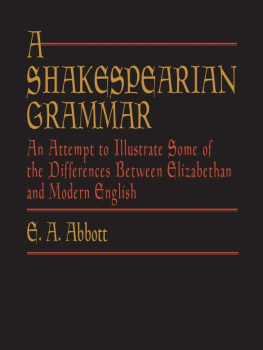
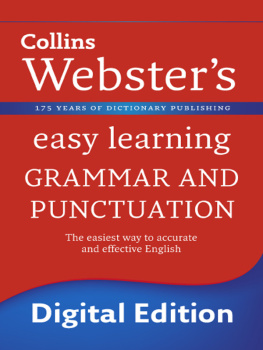
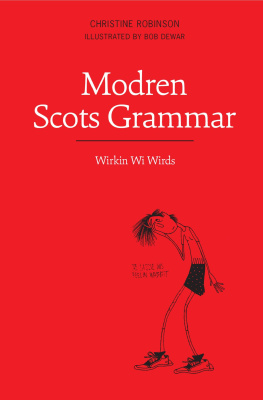

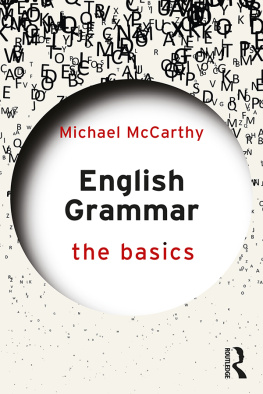
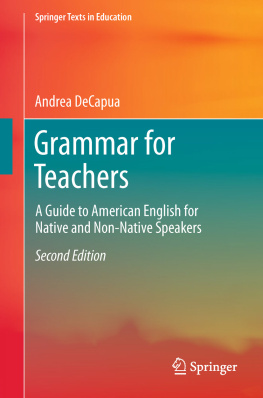
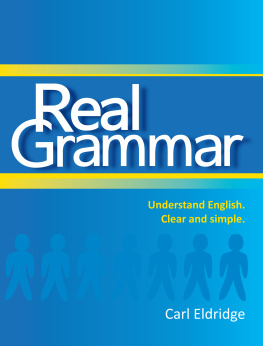
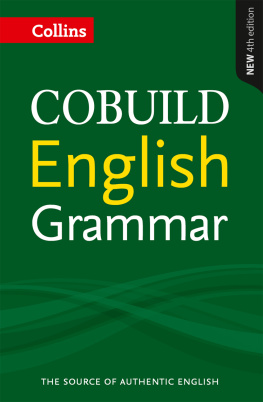
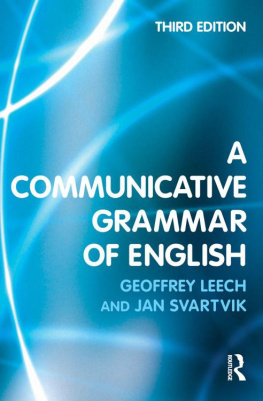
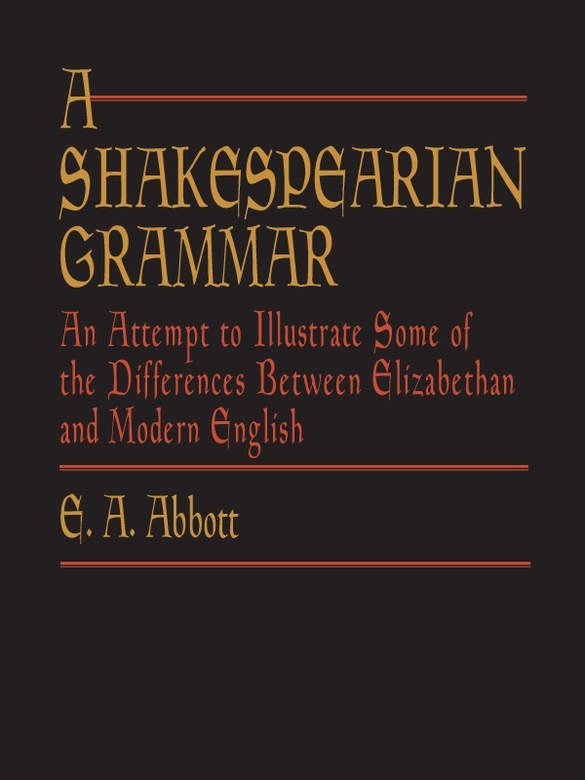

 o . 120. And bid my will avouch it. 121. 121.
o . 120. And bid my will avouch it. 121. 121.